The Shifting Landscape: Entry-Level Positions in Crisis
The rapid advancement of Artificial Intelligence (AI) is creating a paradoxical challenge across Africa’s job market: Entry-level positions, traditionally the gateway into professional careers, are vanishing just as the continent’s youth population reaches unprecedented levels. From Lagos to Nairobi, from Cairo to Johannesburg, the traditional first rung on the career ladder is disappearing beneath the feet of recent graduates due to a lack of practical experience.
This transformation is happening at a breathtaking speed. In Nigeria alone, where over 500,000 students graduate from tertiary institutions annually, companies like GTBank and Access Bank have reduced entry-level hiring by 40% as AI automates fundamental tasks once assigned to junior staff. Similar patterns are emerging across sectors:
- Financial Services: Major African banks report 30-50% reductions in entry-level hiring as AI-powered systems handle document processing, basic customer service, and preliminary credit assessments.
- Media and Communications: News organisations across the continent have slashed junior writing positions by 35% as AI content generation handles routine reporting.
- Legal Services: Law firms in South Africa and Nigeria have reduced first-year associate intake by 25% as AI-powered legal research and document analysis eliminate thousands of billable hours previously assigned to new graduates.
- Marketing and Design: Advertising agencies report 40% fewer junior designer roles as AI tools like Midjourney, Canva AI, and DALL-E handle basic creative tasks.

The data is clear: The World Economic Forum’s Future of Jobs Report 2025 estimates that 58% of traditional entry-level white-collar positions will be significantly transformed or eliminated by AI by 2030, with the impact arriving faster in developing economies eager to leapfrog to greater efficiency.
In This Post
The Experience Paradox: No Job Without Experience, No Experience Without a Job
A growing disruption in entry-level employment is creating a critical paradox for young Africans. Employers are demanding real-world experience for roles that previously welcomed recent graduates, yet access to traditional experience-building pathways—like internships or apprenticeships—remains limited.
According to the ALU 2025 Africa Workforce Readiness Survey, this trend is accelerating:
- 71% of employers across Africa are more likely to hire graduates with prior work experience.
- Over half of employers rate the skill level of recent graduates as only average, highlighting a perceived gap between academic preparation and workplace readiness.
- While 88% of students aspire to higher education, many lack structured opportunities to gain the practical experience now seen as essential for employability.
The implications are stark: a university degree alone has become insufficient currency in the job market. This creates what experts are calling the “experience gap”, a widening chasm between education and employability that threatens to leave millions of African youth unemployed despite their academic qualifications.
The solution to this paradox is clear but challenging: African students must now acquire practical experience concurrently with their education, not after it. This represents a fundamental paradigm shift in how students approach their educational journey.

Why Concurrent Experience Has Become Non-Negotiable
As AI takes over routine tasks, companies are less willing to train inexperienced graduates, making the first job the hardest to get. Practical experience now holds greater value, offering judgement and context that AI can’t replicate. Meanwhile, technical skills age quickly, but the ability to apply knowledge in real-world situations remains essential.
How African Students Must Respond
The new educational journey requires strategic integration of practical experience throughout the learning process:
1. Treat Education and Experience as Equal Priorities
Practical Steps:
- Allocate at least 15-20 hours weekly to experience-building activities outside the classroom
- Evaluate course selections based not just on content but on opportunities to build demonstrable skills
- Design your educational path to create a portfolio of work, not just a transcript of grades
2. Pursue Strategic Experience Pathways
Structured Internships
- Target multiple shorter internships (2-3 months) across different organisations rather than one longer placement
- Prioritise internships offering direct exposure to emerging technologies and AI implementation
- Negotiate for specific project responsibilities rather than general “learning experiences”
Freelance and Gig Work
- Use platforms like Upwork and Fiverr to secure small projects in your field
- Start with micro-projects to build ratings and portfolio pieces
- Gradually increase project complexity and scope as you develop expertise
Entrepreneurial Ventures
- Develop modest-scale solutions to problems in your community
- Use lean startup methodologies to launch minimum viable products while studying
- Document the process, challenges, and learning outcomes, even if ventures ultimately fail
Open Source Contributions
- Identify projects aligned with your technical interests
- Begin with documentation contributions to understand project architecture
- Progress to bug fixes and eventually feature development

3. Document and Showcase Experience Continuously
- Maintain a dynamic digital portfolio from your first year of studies
- Create case studies of projects, not just listings of activities
- Develop a consistent personal brand across LinkedIn, GitHub, and personal websites
- Regularly publish reflections and insights from your learning experiences
Institutional Response: How Universities Must Evolve
The changing landscape requires a fundamental transformation of educational institutions across Africa:
1. Integrate Workplace Experience into Curriculum Design
Required Changes:
- Restructure degree programmes around project-based learning with industry partners
- Award academic credit for verified workplace experiences and open-source contributions
- Implement “flipped classroom” models where technical content is learned independently while class time focuses on application and problem-solving
2. Transform Faculty Roles from Knowledge Providers to Experience Facilitators
Required Changes:
- Recruit faculty with recent industry experience
- Train existing academics to facilitate project-based learning
- Establish dual-role positions that allow professionals to teach while maintaining industry practice
3. Create AI-Enhanced Learning Infrastructures
Required Changes:
- Develop AI tutoring systems that provide personalised feedback at scale
- Implement virtual professional environments where students can practice workplace scenarios
- Create AI-powered assessment systems that evaluate practical capabilities, not just theoretical knowledge

Beyond Technical Skills: The Human Capabilities That Matter Most
While technical expertise remains important, employers consistently identify certain human capabilities as the most valuable differentiators in entry-level candidates:
1. Adaptive Problem-Solving
The ability to navigate ambiguous situations and create solutions outside established frameworks:
How to Develop This Capability:
- Deliberately expose yourself to unfamiliar challenges and constraints
- Practice solving problems with intentionally limited resources
- Regularly reflect on your problem-solving process and identify patterns
2. Collaborative Intelligence
The capacity to work effectively with both human teams and AI systems:
How to Develop This Capability:
- Practice delegating appropriate tasks to AI while maintaining quality control
- Work in diverse teams with varied expertise and perspectives
- Develop your ability to integrate multiple viewpoints into cohesive approaches
3. Self-Directed Learning
The ability to identify knowledge gaps and efficiently acquire new capabilities:
How to Develop This Capability:
- Regularly audit your skills against emerging job requirements
- Practise learning new tools and techniques without formal instruction
- Develop personal systems for knowledge management and retrieval

The Imperative for Immediate Action
The disruption of entry-level positions by AI is not a future consideration; it is an immediate reality that is reshaping Africa’s employment landscape. For today’s students, waiting until graduation to begin gaining practical experience is no longer a viable strategy.
The students who will thrive in this new reality are those who recognise that the traditional sequence of “learn, then work” has been replaced by concurrent “learn while working”. They understand that by the time they receive their degrees, they must already be experienced professionals, not just educated graduates.
For African youth facing an increasingly competitive global economy, the message is clear: your education begins in the classroom, but your employability is built in the workplace. Start now. Use AI to accelerate your learning. Gain practical experience by any means available. Document everything.


